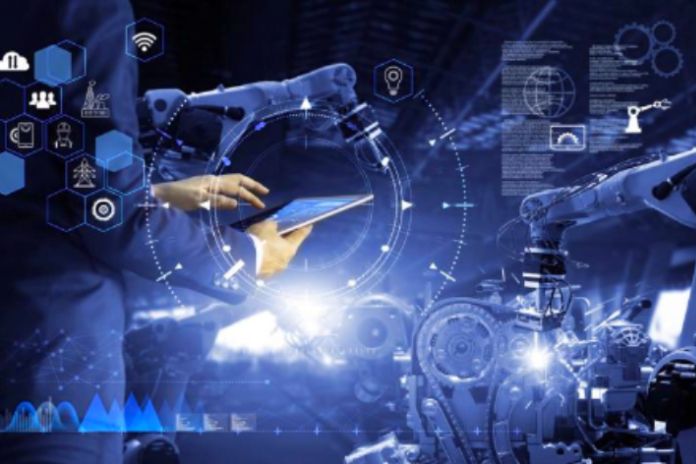Like the rest of the company, the human resources sector will have to adapt to the future of work and its new technologies. The big difference is that this is one of the first sectors to undergo these transformations.
It is a duty to support other areas in adapting to new models, tools, and technologies. In HR, technology and artificial intelligence can make a lot of difference in various processes. An example of this is recruitment and selection, where optimized processes can significantly increase assertiveness in finding new professionals with the best technical skills and cultural fit with the company. In addition, other ways to adapt HR to the future of work are:
Ways To Adapt HR To The Future Of Work
Big Data
One of the first things we think of when it comes to the future is data, isn’t it? In this sense, there is what we know as Big Data, a set of tools that helps interpret a large volume of information.
Big Data tools are used to transform unstructured data into spreadsheets and reports.
In the case of HR, these tools can be used to organize employee information, analyze resumes when selecting a vacancy, and organize company documents in general, among many other things, to facilitate day-to-day work.
People Analytics
Regarding People Analytics, we are talking about collecting, organizing, and analyzing employee data to understand their behavior and measure their satisfaction with the company.
These tools will undoubtedly be increasingly present in the human resources sectors of any company, as they are essential to analyze various factors such as the rate of turnover and absenteeism, employee motivation, organizational climate, etc.
Process automation
HR process automation tools are already a reality but promise to be even better in the future. Human resources are known for dealing with a lot of bureaucracy, so there is nothing better than having the help of technology to facilitate the sector’s processes.
Recruitment software, online time and payroll tools, training platforms, and many other things are essential to make life easier for those who work in HR and bring more productivity to the company.
Strengthening The Organizational Culture
Organizational culture is the values, habits, and beliefs shared between the company and its employees. It acts as a guideline to guide the brand’s campaigns and positioning, becoming a competitive differential.
With the changes in the organization facing the future of work, it will be necessary to strengthen and reiterate the organizational culture, as it will be decisive in retaining talent and motivating employees in this new phase.
Change Management
At any stage of transformation, HR has the challenge of ensuring the best transition to ensure employee satisfaction: teaching processes, solving doubts, and reducing conflicts. This ensures that everything runs smoothly and employees continue to be happy in their work.
Therefore, the human resources sector needs to manage changes in the present and future of work.
After All, How To Prepare For The Future?
To begin with, investing in innovation is one of the best ways to adapt to changing times. After all, it would help if you embraced” new technologies to be successful in the future of work.
But contrary to what many people think, innovation involves not only the implementation of new technologies but the entire process of training employees and adapting new techniques and demands.
It is necessary to encourage managers and other employees to evolve in their functions, adapt to new tools, and deal with the market and the competition in this scenario.
Another point is the need to develop technical and socio-emotional skills, such as the following:
Emotional Intelligence
Emotional intelligence is linked to the ability to put yourself in another’s shoes to develop empathy for someone or some situation.
Developing and applying this competence in the work environment is essential for any professional. And for the future, where relationships will be increasingly linked to technology, it becomes even more important to remember to humanize work relationships.
To strengthen emotional intelligence, the ideal is always to try to put yourself in the other mother’s shoes, think before responding so as not to act impulsively, and avoid negative thoughts.
Critical Thinking
Critical thinking is essential for problem-solving at all levels, from everyday conflicts to the challenges of significant negotiation. Therefore, the ideal is for every professional to develop this ability to apply it in their work.
One way to develop critical thinking is through knowledge: different research subjects consistently seek to question things. It is also interesting to do logical reasoning activities and keep reading up to date.
Analytical Thinking
Linked to critical thinking, especially about the technologies of the future of work, it is essential to develop analytical thinking. This has much more to do with reasoning based on data and mastery of tools that allow for the most varied analyses.
Virtual Collaboration
Engagement and productivity are fundamental to work today and will also be in the future. Therefore, it is essential to become familiar with the technological tools and digital platforms that will be necessary for the progress of your work.
Also Read: WFH: 10 Advantages Of Working From Home

